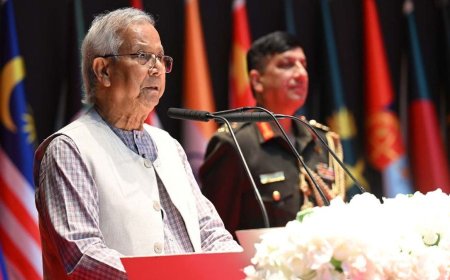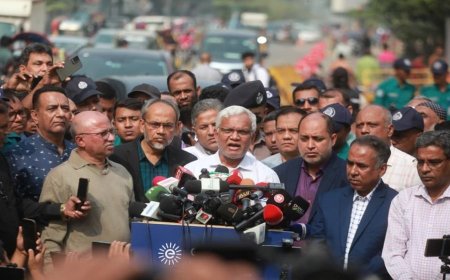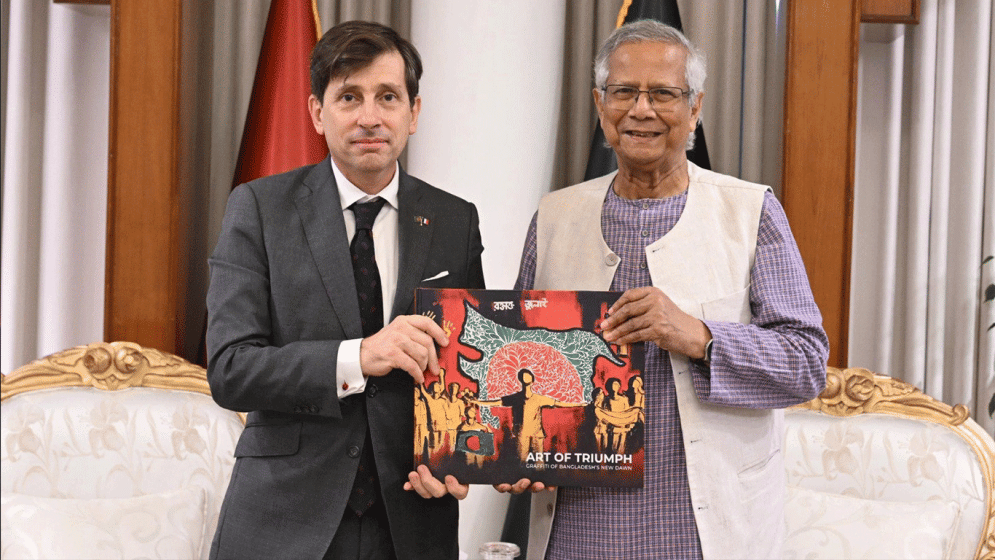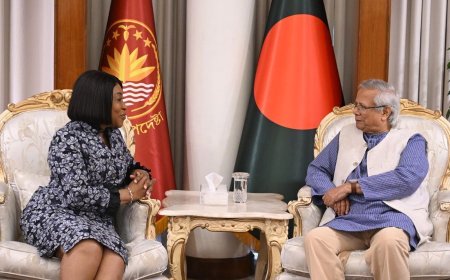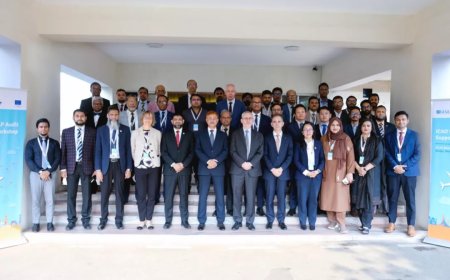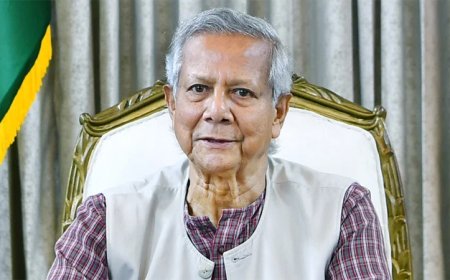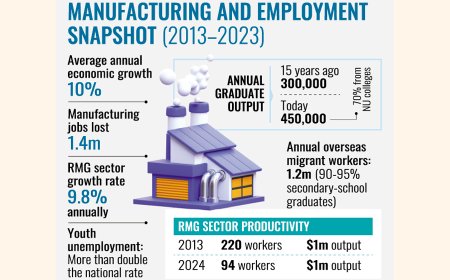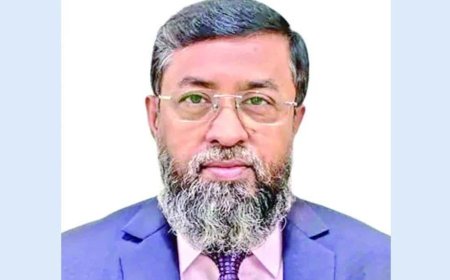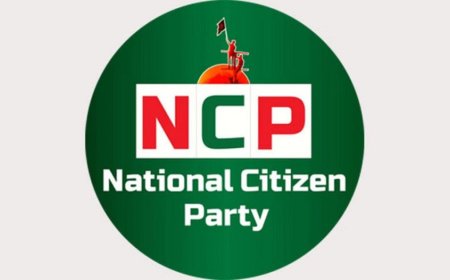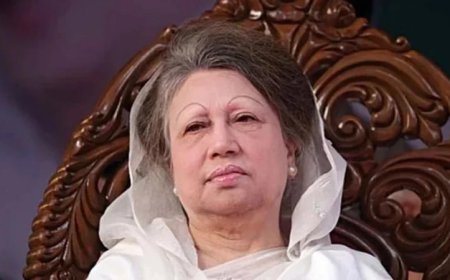Mirza Fakhrul states that the review of the Reform Commission's recommendations reveals politicians are deemed undesirable
Mirza Fakhrul states that the review of the Reform Commission's recommendations reveals politicians are deemed undesirable.

Mirza Fakhrul: Reform Commission's Recommendations Favor Unelected Governance
A review of the recommendations made by the Reform Commission, established by the interim government, reveals an unreasonable push to appoint unelected individuals to key state positions in the future. Additionally, the Constitutional and Electoral Reform Commission’s recommendations suggest that politicians are deemed undesirable, advocating instead for opportunities that enable unelected individuals to govern the country.
BNP Secretary General Mirza Fakhrul Islam Alamgir made these remarks in a written statement during a press conference at the BNP Chairperson’s office in Gulshan on Saturday.
He emphasized that Bangladesh was freed from fascism through a historic mass uprising led by students and the public in July-August 2024, following a 16-year-long anti-fascist movement. In line with this movement’s aspirations, the nation now seeks to establish a strong democratic state based on equality, human dignity, and social justice. According to him, various proposals for post-fascist state reform have emerged through the Reform Commission's report, largely based on BNP’s 31-point democratic reform program for state restructuring, introduced on July 13, 2023.
Mirza Fakhrul stressed the importance of implementing these reform proposals through an inclusive, broader unity of democratic forces. He asserted that an elected parliament is the rightful institution to provide a constitutional and legal foundation for such reforms. He further stated that national unity against fascism is crucial for the country's progress, and maintaining this unity is essential for governance.
Warning against actions that could create divisions within the anti-fascist movement, he urged the interim government to uphold the highest level of neutrality and ensure that no political party exploits the situation for its advantage.
Regarding the ongoing debate on whether reforms should precede elections, he dismissed the argument as unnecessary, stating that reform is a continuous process that can be carried out alongside elections. He suggested that a "Reform Charter" could be developed based on a consensus among political parties, with implementation led by an elected government.
"The priority of the interim government should be to swiftly conduct free and fair national elections through necessary reforms and transfer power to an elected administration," he stated.
Mirza Fakhrul also pointed out public concerns regarding the involvement of some advisors of the interim government in political party formation, warning that emerging signs of administrative influence pose risks to democracy.
Discussing BNP’s analysis of the reform commissions’ proposals, he criticized the National Consensus Commission's method of seeking public opinion, arguing that its spreadsheet format presented leading questions instead of genuine proposals. He cited an example where respondents were asked to simply agree or disagree with implementation methods, such as through a Constituent Assembly or an elected parliament, without first establishing consensus on the proposals themselves.
Furthermore, he noted that while the Reform Commission’s recommendations on the "Preamble" of the Constitution were significant, they were omitted from the spreadsheet. He highlighted discrepancies in the number of proposals listed—while the original report contained approximately 123 recommendations, the spreadsheet listed only 70. Similarly, the Electoral Reforms Commission’s original report had around 150 recommendations, yet only 27, mostly concerning constitutional reforms, were included in the spreadsheet. He suggested that incorporating the original recommendations alongside the spreadsheet would prevent misinterpretation.
He also raised concerns about the alignment of the National Consensus Commission’s spreadsheet with statements from commission members and certain political parties, questioning whether the process followed a predetermined agenda that may not align with democratic principles.
A review of the recommendations indicates an effort to diminish the authority of the legislative and executive branches by establishing new commissions, such as a proposed Constitutional Commission (NCC). The described powers and functions of these commissions suggest an attempt to weaken governance, creating an ineffective system.
Mirza Fakhrul emphasized that the democratic essence of the state and its governance must remain with elected representatives and the parliamentary system. However, the recommendations suggest otherwise, advocating for the exclusion of politicians and the inclusion of unelected individuals in governance.
According to the BNP Secretary General, reforms and constitutional amendments should reflect democratic traditions, cultural values, and religious sentiments of the people.
He concluded by stating that the nation’s highest priority is to establish a non-discriminatory state and social system, in line with the aspirations of those who sacrificed their lives in the 16-year-long movement and mass uprising, while preserving national unity against fascism.
What's Your Reaction?








